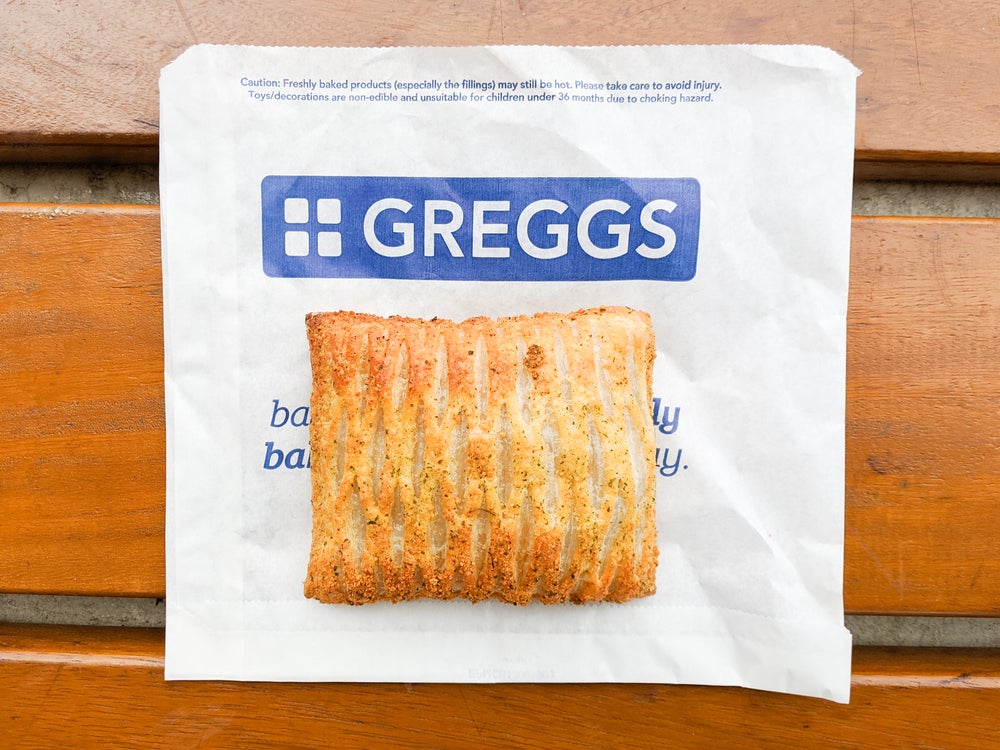The latest AFP Electronic Payments Survey finds that, while cheque usage is still on the slide, a lack of consistency in cross-border legislation and regulation still presents a significant barrier to the full adoption of B2B electronic payments. Jenni Marsh reports
 The Association for Financial Professionals Electronic Payments Surveyrevealed a typical organisation now makes 57% of its payments by cheque, compared to 74% in 2007. In the next three years, 50% of respondents expect to move all major suppliers onto electronic payments.
The Association for Financial Professionals Electronic Payments Surveyrevealed a typical organisation now makes 57% of its payments by cheque, compared to 74% in 2007. In the next three years, 50% of respondents expect to move all major suppliers onto electronic payments.
Among the reasons cited for the shift were cost savings (52%), improved cash flow (40%) and fraud control (37%).
Diane Quinn, managing director of JP Morgan, which underwrote the survey, says: "Consumers have long led the push to change Paper cheques are giving way to credit and debit cards, and internet payments continue to grow. But now B2B transactions are taking centre stage… even given the pressing economic environment, businesses are investing in treasury technologies to streamline workflow processes and gain faster, more accurate visibility into their cash positions."
The changes seem most dramatic in larger organisations (those making in excess of 5,000 B2B payments per month), where ACH and wire transfers together outnumbered cheque payments, albeit by a small margin.
How well do you really know your competitors?
Access the most comprehensive Company Profiles on the market, powered by GlobalData. Save hours of research. Gain competitive edge.

Thank you!
Your download email will arrive shortly
Not ready to buy yet? Download a free sample
We are confident about the unique quality of our Company Profiles. However, we want you to make the most beneficial decision for your business, so we offer a free sample that you can download by submitting the below form
By GlobalDataSmaller organisations (those with revenues less than $1bn) were still using cheques for 53% of payments, with ACH only accounting for 24% of their transactions, and wire transfers 16%.
While the survey polled 484 corporate practitioners of the Association for Financial Professionals in the US, its findings can be seen to have wider implications for developed economies globally.
Despite the waning of cheques, the technology needed to make a comprehensive move to electronic payments was found wanting.
The top barrier to wider adoption of electronic payments was found to be:
- the difficulty convincing suppliers to accept them (83%);
- inability of trading partners to send or receive automated remittance information with electronic payments (77%);
- no standard format for remittance information (70%); and
- a shortage of IT resourced for implementation (70%).
Such results tend to suggest the uptake of electronic payment methods will become easier as more firms embrace the technology and processes are standardised across borders.
SEPA simplification
The European Payments Council sees the Single Euro Payments Area (SEPA) as one way in which the European market has already responded to this barrier.
While SEPA, which aims to improve the efficiency of cross-border payments, is currently relatively small-scale, the Payments Council predicts the launch of new payment products will offer businesses and individuals more ways to pay in euros.
Remote deposit capture and cheque-image clearing have been slow to catch on, with nearly two out of five survey respondents indicating they face too many obstacles to allow for a prompt conversation to such processes.
Rather than convert to the half-way-house of cheque imaging, they have relied heavily on paper cheques as "they work well" and organisations still have sufficient float to keep them as a preferred payment method. Yet the survey did reveal a definite appetite in the financial sector for electronic processes.
48% said they were "very likely" to convert the majority of B2B payments to major suppliers from cheques to electronic payments in the next three years. 13% said they were already hitting this target.
Mobile moves
While few organisations are currently using m-payments technology, a quarter of respondents were evaluating increasing their use of mobile tools for payment within the next three years.
Martin Garner, director of mobile internet at analysts CSS Insights, says: "The most exciting area for wire transactions are in developing markets. Here there are a large number of people who tend to work in cash economies and have no access to banking infrastructure.
"However, in countries such as Kenya and Bangladesh the mobile operators have larger networks than the banks do."
Therefore, banking has been brought to workers who deal in micropayments on a daily basis through mobile payments.
There have also been surprising philanthropic benefits to such systems.
Garner adds: "In some regions, one of the nice side-effects has been that when a company makes a payment directly to an employee it cuts out a middle man traditionally a source of corruption. Now the company can be sure the employee receives 100% of their wage."
He also acknowledges that for a widespread uptake of mobile banking there needs to be greater consistency in legislation and regulation, as well as payment processes.
The reports authors conclude: "Clearly most businesses have little faith the security issues associated with using mobile devices will be overcome over the next three years or indeed anytime soon. However, smaller organisations express a significantly greater willingness to use mobile payment applications. This readiness is probably driven by their need for convenience given constraints on staff. Perhaps their size also makes them more amenable to new technologies."
With such an appetite for new treasury technologies from small-scale firms tobn dollar operations, the reshaping of the payments landscape is well underway but work still has to be done to make it the right move for businesses across the board.







